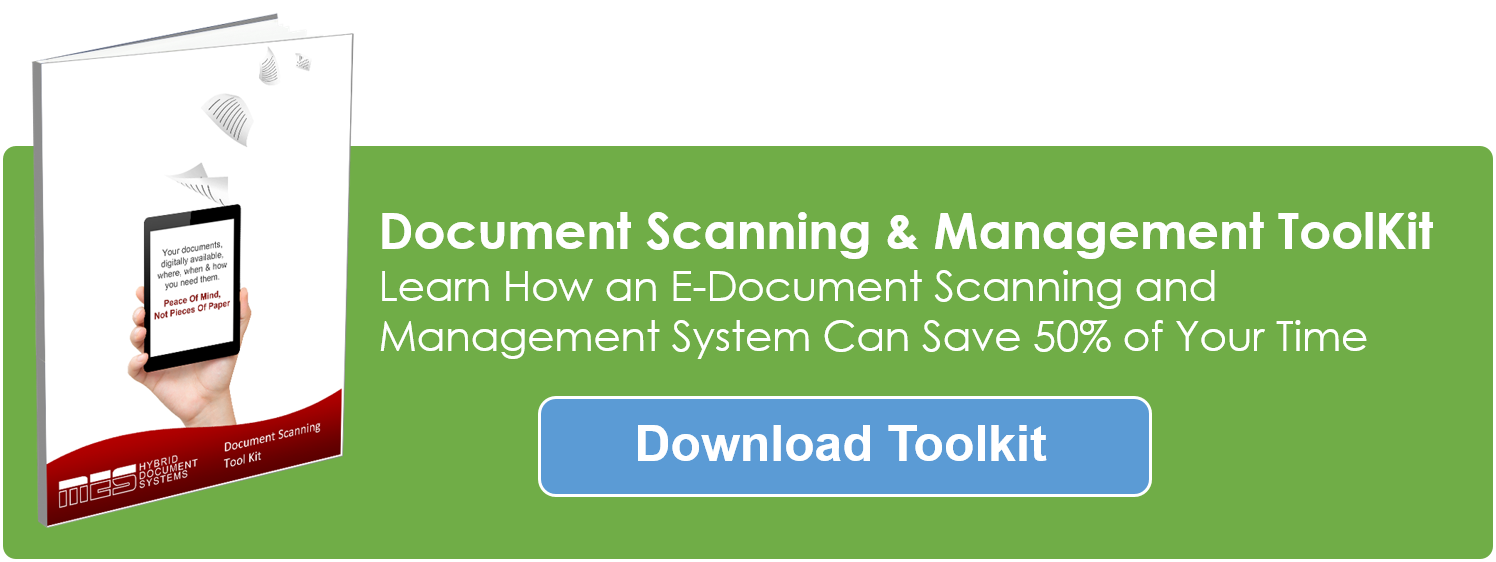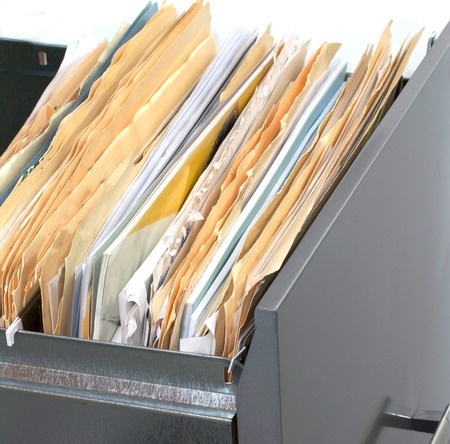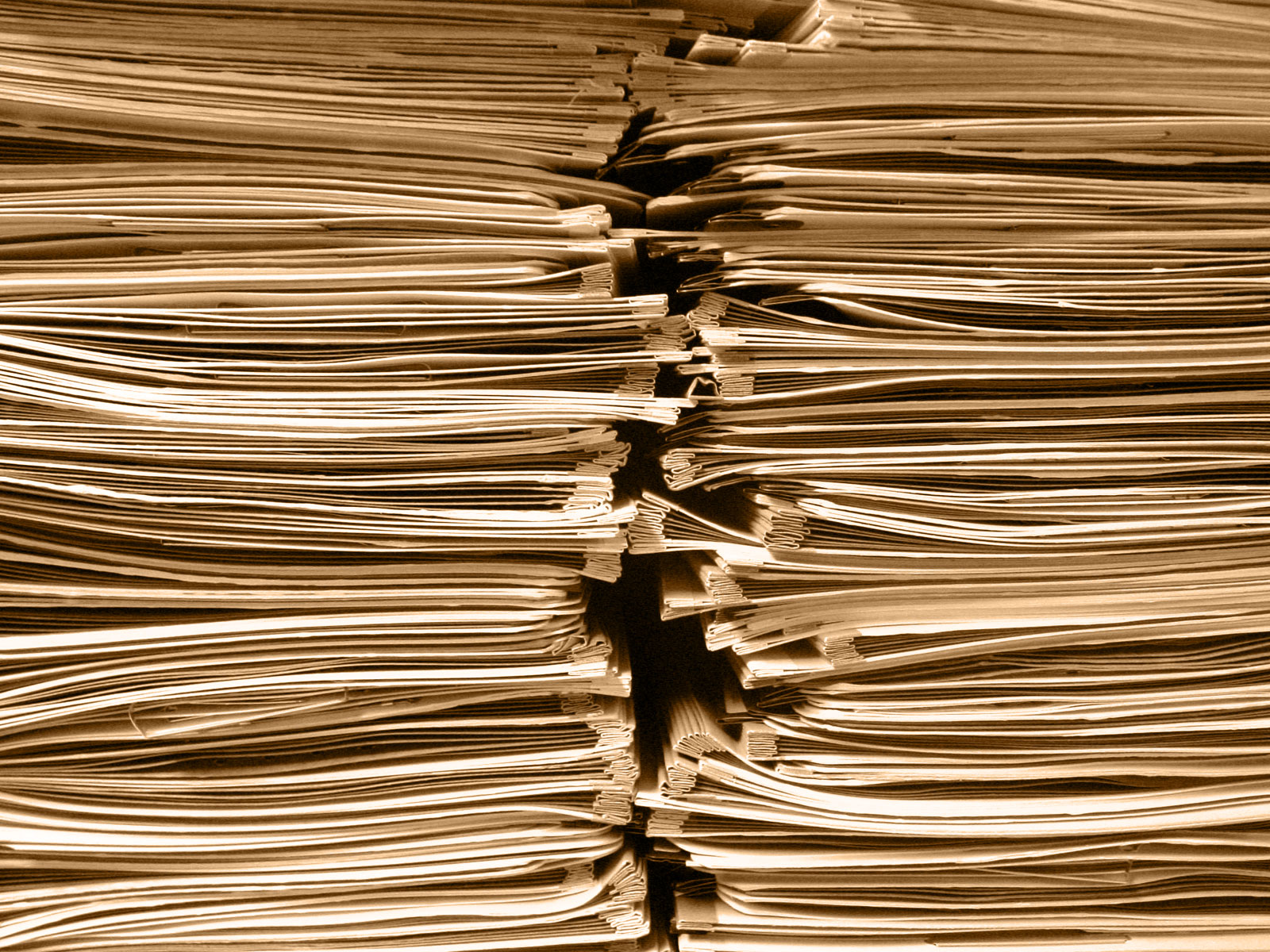In the digital age, analog records are quickly becoming obsolete. This doesn’t mean that paper records need to be completely eliminated, but rather that as remote workforces, digital communication and distribution, and a higher volume of data creation become the norm, analog formats are less and less practical. Put simply, electronic document management is the way of the future.
If you’re new to the inner workings of document management systems, it’s unlikely that you have a comprehensive understanding of electronic records, what they entail, and how they ultimately help improve business operations. To offer some insight into this, we’ve compiled a list of things you may not have known about electronic records.
Electronic Records exist in multiple formats
A common misunderstanding is that electronic records are simply paper documents that have been converted into digital files. While this is not untrue, it is an oversimplification. Electronic records do consist of converted paper files, but also include many, many other types of formats: microfilm, microfiche, images, cheques, non-standard documents, etc. Depending on the sophistication of the conversion equipment being used, almost any kind of document can be converted into electronic format, regardless of the source.
They are perfectly acceptable for legal compliance*
In Canada, businesses, trusts, and organizations are required to keep adequate records that provide enough details to determine tax obligations and entitlements for a period of six years. However, they do not have to be paper: electronic records are perfectly acceptable. In fact, because electronic document management is more efficient, particularly with a document management system, legal compliance and document retention becomes more accurate and easier to manage.
Electronic Records can be more effectively controlled
Physical records (namely paper) have a number of issues: cost, susceptibility to misplacement, limited indexing and classification ability, poor retrieval and search functionality, and general disorganization. If you choose to go with electronic records that are integrated within an electronic document management system, your organization will no longer face these problems. Every document is traceable, indexable, easily classified, and can even be included in automated workflows so that error-prone, time intensive manual processes are eliminated. This allows for the setting up of functions such as retention rules, security and access controls, DRM, seamless information sharing and collaboration, and more.
The above are a few aspects of electronic records that aren’t widely known, but nonetheless convey why electronic record management systems are becoming so popular for businesses of different sizes in different industries. The right solution can significantly improve records management processes, which can help both directly and indirectly improve other business areas.
*Note: The information provided in the MES blog is not legal advice as we are not lawyers. Please reference the Canadian Standard Document and your legal counsel to ensure that your electronic documents are legal.











